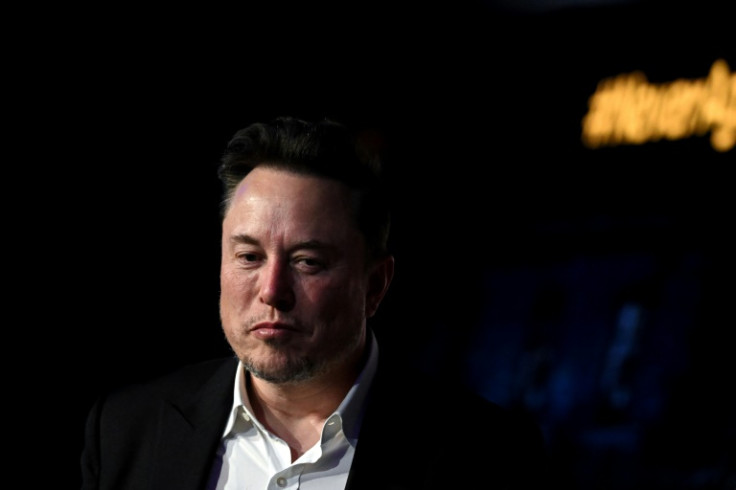Musk Sues OpenAI Over 'Betrayal' Of Mission

Elon Musk has launched a legal case against OpenAI, the AI firm he helped to set up in 2015, accusing its leaders of a "betrayal" of its founding mission.
The tycoon, who left OpenAI in 2018, argued in documents filed in a San Francisco court late Thursday that the firm was always intended as a non-profit entity.
But he said recent boardroom changes meant OpenAI was now effectively a subsidiary of software giant Microsoft, arguing that this was breach of contract.
Musk has accused Microsoft of controlling OpenAI several times, with both firms denying the claims.
Antitrust regulators in the United States and Europe are also investigating the ties between the companies.
Microsoft declined to comment.
OpenAI captured the public imagination in late 2022 with the release of its chatbot ChatGPT, which can generate poems and essays and even succeed in exams.
The firm has also developed image and video generating tools seen as the leaders in their field.
The success of its products has helped attract huge investment into AI, which boosters say could transform every aspect of human life.
Microsoft, a major investor in OpenAI since 2019, poured billions more into the firm last year.
And the software giant stepped in when OpenAI's board fired CEO Sam Altman in November last year, hiring him and offering to house any staff members who were unhappy with his ousting.
The OpenAI board later climbed down, Altman was reinstated and Microsoft was given an observer seat on the board after the removal of members who were critical of Altman.
"The events of last November are really well known. And it doesn't seem to me that what happened there was an obvious breach of the agreements," said Anupam Chander, Professor of Law at Georgetown University Law Center.
OpenAI started life as a non-profit dedicated to developing "artificial general intelligence" (AGI), a term loosely defined as a kind of AI that would outstrip human capabilities on all measures of intelligence.
The idea was for OpenAI to guarantee that such technology would be safe for humanity.
But Musk's legal case said this founding principle had been "turned on its head", accusing OpenAI of continuing in secrecy "towards a profit-centric future with possible calamitous implications for humanity."
Among other allegations, Musk's lawsuit argues that GPT-4, the company's current model, is AGI and that OpenAI's board failed in its duty to notify the fact, as set out in its company mission.
The changes brought to OpenAI in 2023 were "a stark betrayal of the Founding Agreement, turning that Agreement on its head and perverting OpenAI Inc's mission," the filing stated.
"If the question is, did they deviate from what they proclaim to be their mission? I would say clearly, yes," said Nikolas Guggenberger, Assistant Professor of Law at the University of Houston Law Center.
"But that is just not necessarily a sufficient basis for a lawsuit by someone who's no longer part of the part of the project."
The document pointed out that OpenAI still claimed to be pursuing AGI that "benefits all of humanity."
"In reality, however, OpenAI Inc has been transformed into a closed-source de facto subsidiary of the largest technology company in the world: Microsoft."
Musk is asking the court for compensation, to force OpenAI's leaders to make their research open to the public and ban them -- or Microsoft -- from making a profit from the technology.
"The litigation has the benefit of at least shedding more light into the process of OpenAI's decision making, which is really important for the world," said professor Chander of Georgetown University.
Since leaving OpenAI, Musk has joined the chorus of critics warning that superintelligence could spell the end for humanity.
He also launched his own AI firm, xAI, last year and said he wanted to raise $1 billion from investors.
© Copyright AFP 2024. All rights reserved.




















